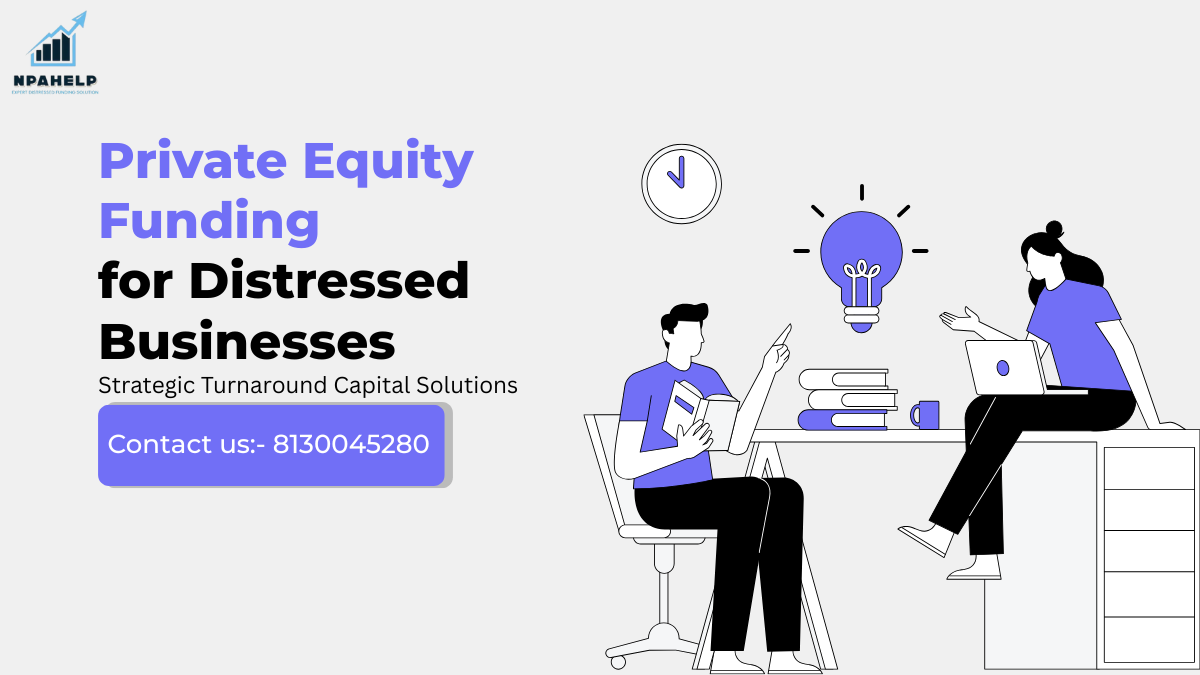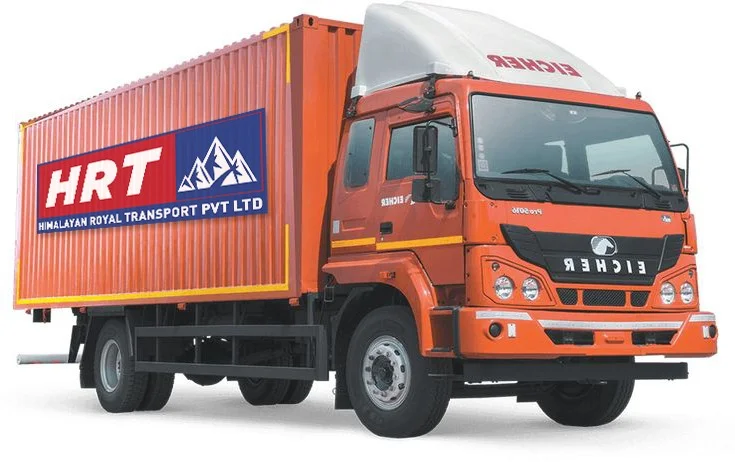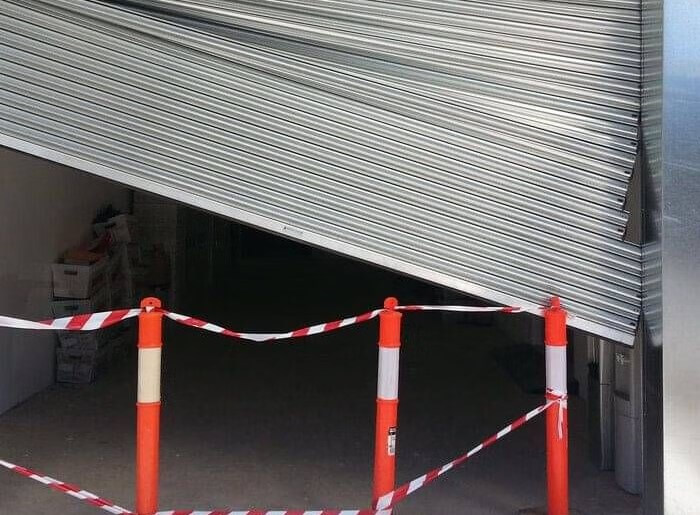You ever been online, found the perfect pair of sneakers from a store in another country, and you’re all set to buy but when you get to the checkout, the final price is way more than you expected? What gives?
A lot of that extra cost comes down to two words that sound kind of boring but have a huge impact on your wallet: taxes and tariffs.
Think of this article as a chat with a friend who can help you decode the price tag. We shall now deconstruct what these are, why they exist, and how their secret alliance raises the prices of everything from your cell-phone to your favourite snacks. Shall we go backstage and make sense out of it all?
Okay, So What on Earth is a Tariff?
Down to the nucleus: tariffs. Sounds complicated, but it is all very easy.
Picture this: Say you were in Mexico on vacation and bought a cool, handcrafted leather wallet. You might have to pay a duty fee of some kind to take it in your country. A tariff is basically that, but for giant shipping containers full of stuff instead of just one wallet in your backpack.
A tariff is an extra fee the government charges on products imported from other countries. These are also called trade tariffs. Why do they do this? It usually boils down to a few reasons:
- To help out the home team. Imagine a U.S. company makes awesome t-shirts for $15. But a company overseas can make them for $10. To give the U.S. company a fair shot, the government might put a $5 tariff on the imported shirts. Suddenly, they both cost $15. Game on.
- To make some money. Just like the sales tax you pay at the store, the cash collected from trade tariffs helps the government pay for things we all use, like roads and schools.
- To make a point. Sometimes tariffs in a country are like a time. Any country, if dissatisfied with the conduct of another, might impose tariffs on whatever goods it imports from it as a sort of “Hey, we’re not happy with you.”
It’ll be essential to know that different goods attract different tariff rates. The fee on imported bananas might be super low (because the U.S. doesn’t grow many), but the tariff rates on foreign cars could be much higher to encourage people to buy American-made vehicles.
Wait, Isn’t That Just an “Import Tax”?
Great question! This is where it gets a little fuzzy for most people. You’ll hear the terms tariff and import tax thrown around, and they seem like the same thing. And for you—the person paying the final price—they pretty much are. Both make things more expensive.
But here is an easy way to understand it: A tariff is akin to charging an extra cover fee at a club for all outsiders, while an import tax is more of a general sales tax that’s applied to an item because it’s being sold in a particular territory.
The bottom line is that taxes and tariffs both work together to drive up the cost of bringing something into the country.
The Mind-Blowing Part: How Tariffs Actually Make Your Taxes Higher
Get ready for this, because this is the part that connects everything. A tariff can literally make you pay more in regular sales tax. It’s one of the clearest examples of how do tariffs affect taxes.
Let’s follow a new video game console on its journey from a factory in Japan to your living room.
- The Factory Price: A Japanese company sells the shiny new console to a U.S. store for $300.
- The Tariff Hits: The U.S. government has a 10% tariff on this kind of electronic. The store has to pay that fee, which is $30 ($10% of $300). so now it costs it $330 just to get the console into its warehouse.
- Setting the Store Price: The store has other expenses and wants to make a profit, and therefore sets the price of the console at $400.
- You Go to Buy It: You walk into the store, cash in hand. Your state has a 5% sales tax. That tax is charged on the selling price of $400. So your sales tax is $20 (5% of $400).
Did you catch it? Let’s rewind. If there was no tariff, the store’s cost would have been just $300. They might have been able to sell it for $370. Your 5% sales tax on $370 would have been only $18.50.
That tariff didn’t just add $30 to the price—it made your tax bill go up too! It’s a small difference on one item, but think about that multiplied by millions of products sold every single day. That’s a huge impact of tariffs on businesses and customers.
The Domino Effect: How Tariffs Shake Up Businesses
While we feel the pinch at the cash register, the real drama unfolds for business owners. For them, taxes and tariffs aren’t just a nuisance; they’re a massive factor in whether their business survives or fails.
When new trade tariffs are announced, a local business owner—let’s say she owns a small furniture shop and uses beautiful wood imported from Canada—suddenly has her costs go through the roof. This is the real-world impact of tariffs on businesses.
She’s now stuck between a rock and a hard place. What does she do?
- Pass the cost to you. This is the most common move. She raises the prices on her furniture.
- Take the hit. Maybe she’s afraid of scaring away customers, so she eats the cost herself. This means she makes less profit on every beautiful table she sells, which can be devastating over time.
- Scramble for new suppliers. She might start looking for a U.S.-based wood supplier. This is often the government’s goal, but what if the local wood is more expensive or not as good?
- Make a drastic change. In some instances, tariffs can hit so hard against a business that the company will relocate its entire plant to another country just so it may not have to pay the tariff.
It’s one huge domino effect. This is why you hear about tariff rates on the news so much—they’re a really big deal with far-reaching consequences.
Your “Year-End Bill” and What It All Means
When we say tariffs can shape your “year-end bill,” we don’t mean you’re going to get an actual bill in the mail that says “Your Total Tariff Cost.” It’s more about the hundred little ways these costs add up over a year, making your budget just a little bit tighter.
For a business owner, however, the impact is written in black and white on their financial reports. They do the math and can actually tell how much money was gobbled up in import tax or tariff and how that squeezed their profit margin.
So that next time you hear politicians arguing about how taxes and tariffs, you’ll know that’s not boring economic talk. It’s a conversation that directly affects your next pizza, your next phone, and the little local stores you head to after work. And that knowledge makes you a much smarter and more powerful consumer.










